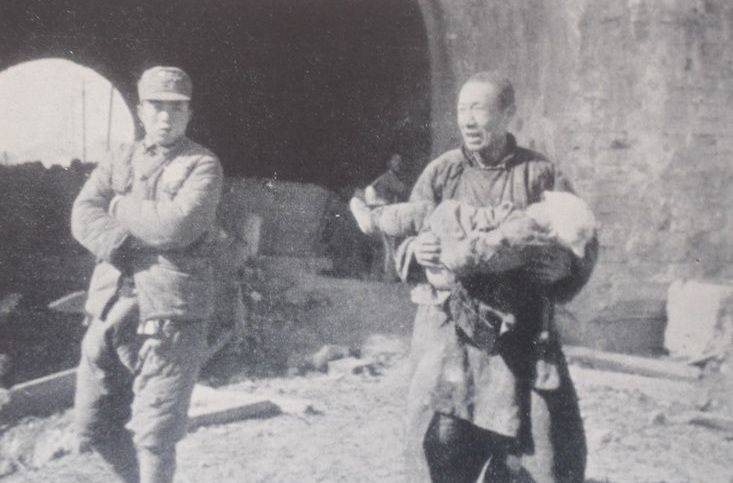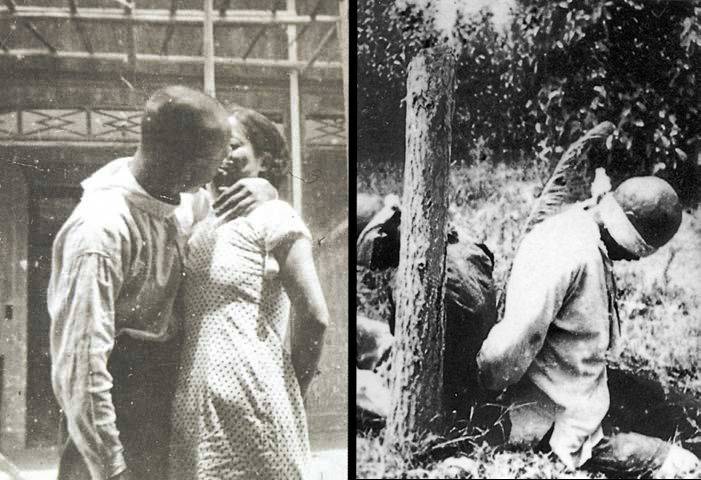
Five western journalists, including a reporter from the New York Times, were there at the time. Their accounts of the mass slaughter were front page news, transmitted around the world. Yet this tragic event soon became a historical footnote, virtually unknown in the west until 1997 when Iris Chang’s The Rape of Nanking was published. Chang’s book, appropriately subtitled The Forgotten Holocaust of World War II, was the first major English language book about the massacre.
Post-WWII politics were a major reason why the Rape of Nanking became a “forgotten holocaust.” After WWII, a bitter civil war created two Chinas: one on the mainland under the control of Mao Zedong’s Communist Party, and another, led by Chiang Kai Shek, in Taiwan. Both governments claimed to represent the Chinese people and sought Japan’s support. Neither wanted to antagonize Japan by shining a spotlight on its wartime activities.
The United States was in a similar position. The Cold War was heating up and America wanted Japan as an ally to combat Soviet influence in Asia. Although war crimes trials were held in Tokyo, and a number of military leaders were executed or imprisoned, Japan’s wartime leadership was essentially allowed to remain in power. With nobody to speak out on behalf of the victims, the Rape of Nanking, and Japanese acts of aggression elsewhere in Asia, soon drifted into obscurity.

